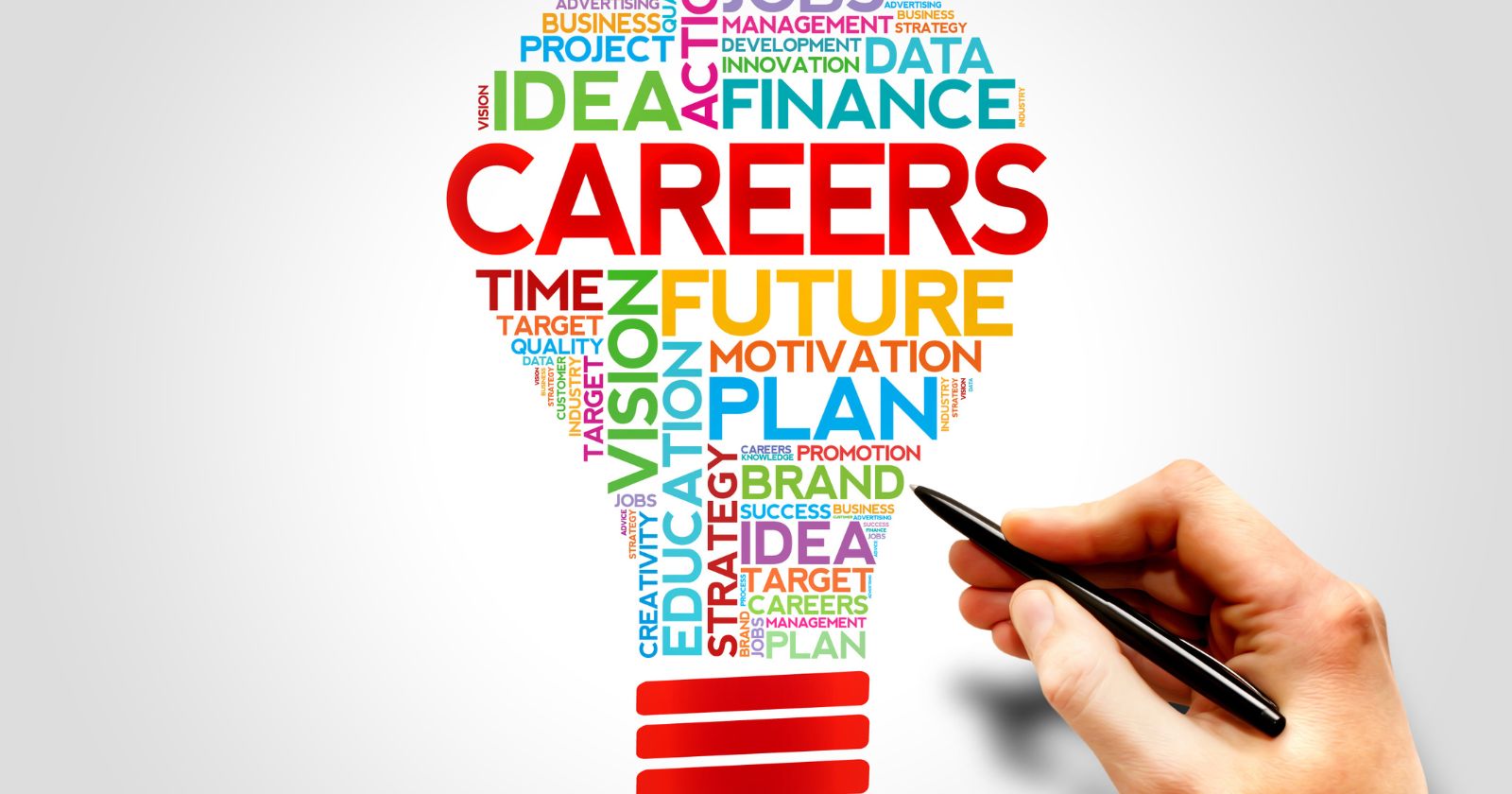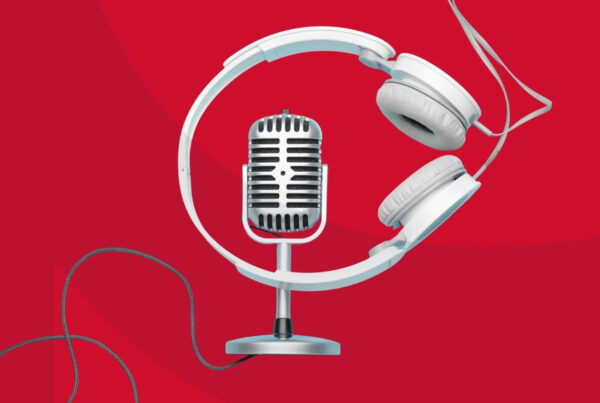This interview was initially published in the Authority Magazine.
Thank you for joining us! Before we dig in, our readers would love to learn a bit more about you. Can you tell us a story about what brought you to this specific career path?
When I was in college, I changed my major five times. That sums up my professional career in a nutshell. I’m interested in so many types of careers, from working in health and wellness to writing to event planning — lucky for me, working in PR encompasses many careers into one, so I got very lucky when I answered a job ad for a marketing coordinator position at a music company.
I wore many hats and tried it all. I managed the brand’s social media accounts, I managed artist relations, and traveled to Japan to our corporate headquarters to put marketing plans together for new product launches. However, it was a nationally recognized PR campaign that I founded and launched that solidified my love for public relations.
Yearning to seek more career growth, I made my way into establishing myself as a PR professional at an agency in New York City. One pandemic later, I continued my PR journey where I found a home at The Pollack Group, starting as an Account Supervisor and working my way to Vice President.
Was there a funny mistake you made when you first started in marketing? If so, can you tell us what lesson you learned from that?
Nothing ‘funny’ I can recall, but marketing, as well as life, is all about A/B testing. Mistakes are a part of understanding what works, what doesn’t, and everything in between.
Are you able to identify a “tipping point” in your career when you started to see success? Did you start doing anything different? Are there takeaways or lessons that others can learn from that?
When I worked in the music industry, I implemented a campaign idea that not only became nationally regarded but brought in sales and customer loyalty.
The campaign was an experiential initiative in which we brought our music products to breweries across the US. We invited musicians, press, and locals to demo our products and have a beer with us. It was a hit.
We were getting earned media coverage, social media was rampant with new followers, tags, and people excitingly commenting about how much fun they had, and we turned a profit.
Once people realized how easy our products were to learn, they were eager to make the purchase. Even our executives loved the idea! This was the moment I knew that I had a keen eye for PR.
What do you think makes your company stand out?
I’ll share a secret. Previous experiences in my career led me to almost leave agency life entirely. While I love the job, there will always be certain management styles or corporate situations that can be taxing on self-esteem and confidence.
During my interview at The Pollack Group — something seemed different. Maybe it was my boss’s love for classical music that had us discussing Chopin for 30 minutes, or maybe it was learning about how his mother, Noemi, began Pollack as a strong, independent woman in the 1980s. Whatever it was, something whispered to take a chance on the agency, and I’m glad I did.
We’re not like most PR agencies. We’re small but mighty. We’ve worked with brands in start-up stages that, with our help, became household brand names. We are women-founded, bi-coastal, armed with a content video studio, an agency podcast, and a well-rounded team that covers every marketing sector.
Are you working on any exciting new projects now? How do you think that will help people?
Yes, I led the rollout of a new solution our agency has launched: Message DNA. This solution is perfect for start-ups or companies that need a refresh of their brand identity.
We provide an extensive messaging framework, positioning, copyediting, and expert counsel for every channel or platform that matters. Our approach ensures that what a brand says can effectively drive sales and organizational success.
Our track record speaks for itself. We’ve successfully collaborated with notable names such as SodaStream, Avis, Bob Evans Farms, City of West Hollywood, The American Camp Association, and more, helping them achieve their brand message.
This is an exciting initiative that will undoubtedly help your brand connect with target audiences, build trust, and drive long-term growth.
Those who achieve success usually have some help along the way. Is there someone you are grateful for who helped you get to where you are?
A former manager of mine who was the head of marketing. I will be forever grateful to her. Working under her management was incredibly toxic and stressful. She lacked creativity, leadership, and concrete knowledge of the products.
Turnover skyrocketed while she was in the role, from people quitting left and right to her mindlessly firing people; it’s a wonder how the department continues to run today.
But, I thank her.
She taught me everything I never wanted to be. I want to help people grow and be part of their successes, not their downfalls. Whether working with a client or hiring an entry-level account coordinator, I will always lead with empathy. People I work with and for will always trust me.
She taught me everything I needed to be by being the exact opposite, and while it was tough in the moment, I realize today what a gift she gave me.
Is there someone you consider to be your hero?
The women in my family are amazing. My mother worked her way from being a bank teller to an executive at a prominent financial institution, my aunt was an established director, my sister-in-law is juggling getting her master’s while working full-time as a paralegal, and all the women I work with are amazing. Women are my heroes.
Wonderful. Let’s now shift to the main part of our discussion. What advice would you give to other marketers to thrive and avoid burnout?
It’s cliché, but making time for rest. Rest is productive. Whether it’s taking 15 minutes in the morning to go for a walk or finding time to catch up on your guilty pleasure TV show, it is crucial for your career to find time for you.
Sometimes, I tune out while playing piano or listening to a podcast — each person is different and will find their own ways to relax. Explore your own and make it a part of your workday. I’ll say it again — rest, having fun, taking a break; you are still being productive.
There are hundreds of memorable marketing campaigns that have become part of the lexicon of our culture. What is your favorite marketing campaign from history? Can you explain why you like that so much?
Always’ Like a Girl campaign was brilliant. The brand decided not to promote its products, but rather celebrate women by turning a negative connotation into a positive statement.
The brand took a simple concept and transformed it into a powerful message that equated into market share, sales, profitability, and a strong reputation.
If you could break down a very successful campaign into a “blueprint”, what would that blueprint look like?
The blueprint for a successful marketing campaign will differ depending on goals, budget, etc. But for most, the foundation of what will make it successful will be the same. A campaign needs to encompass the following:
Campaign Objectives and Goals: Figure out how success will be measured. Are you looking for conversation rates? Social engagement? Brand awareness?
Messaging: As I mentioned before, knowing the brand value proposition is crucial for the success of any marketing campaign. Clearly define your marketing — what makes the brand or product stand out and differentiate against competitors?
Creative Development: In addition to core messaging, establish a brand identity. Ensure the visuals and content complement the tone and style of the value proposition.
Public Relations: Craft press materials, distribute press releases, and pitch to relevant reporters. Leveraging media coverage for broader exposure will enhance the brand awareness.
Tracking: Use real-time monitoring to observe key metrics. Be ready to make any adjustments to tactics if a particular component of the marketing plan under performs.
Consumers have become more jaded and resistant to anything “salesy”. In your industry, where do you see the future of marketing going?
It’s an exciting time for marketing professionals, in my opinion, especially with the onset of AI. If used correctly, AI will enhance jobs, not replace them. I predict companies will increasingly use AI to predict consumer preferences and help create tailored marketing content, driving consumer loyalty.
We’ve also seen a rise in authentic and ethical marketing, especially among influencers, which I think will continue. Younger generations prefer brands that align with their own values and will continue to seek out companies that shift from pure production promotion to highlighting ethics and other company missions.
What 5 things you wish someone told you before you started?
- Rest is productive: I mentioned this before and, unfortunately, didn’t recognize this until I had already spent years physically and mentally pushing myself to the limit. Trust me, your creative mind will thank you for focusing on more than just work.
- Failure is essential: Mistakes will happen, and that’s mostly a good thing. We don’t learn or grow if everything we do is immaculate. Embrace the flaws. Take risks.
- Find a mentor: I was a lone wolf for most of my career when I was first starting out and looking back, I would have learned faster and been more confident if I sought out a mentor for help. Now, today, I mentor as part of the PRSA New York board and think it’s incredibly important to help those starting out to find a career path.
- Network: It’s intimidating to put yourself out there and go to events alone, but do it. Establishing a network will be instrumental for your future. Whether you need a new role down the road or you’re looking for new clients, the circle you build is the one that will get you where you need to be.
- Go where you’re happy, not where the money is: This is a tough one as everyone is different, but from what I’ve experienced, prioritizing skill development and a happy work environment is astronomically better than being rich.
Are there any marketing tools or technology that can dramatically empower small business owners to become more effective marketers?
There’s a lot out there, but it depends on what the needs are to recommend the most appropriate marketing tools. Personally, I believe every marketer needs to be organized, so I recommend a personal Monday.com board or something similar. I’m able to create boards for each of my accounts, update the status of tasks, and seamlessly keep track of deadlines.
I also love Canva to create images for social media or any professional marketing materials. I’m not a designer, yet the platform gives me creative control to design professional images. I also can’t live without Grammarly to check spelling or grammatical errors.
What books, podcasts, documentaries or other resources do you use to sharpen your marketing skills?
I am very fortunate to co-host our agency podcast, imPRessions. Our show has interviewed many brilliant PR and marketing minds; I always learn something new when recording a new episode.
From understanding how to alleviate a PR crisis to everything you need to know about representing celebrities, imPRessions cover the PR and marketing industries from paid, social, and owned media and everything in between.
It’s been so much fun to be a part of and very educational as well.
Congrats on the podcast and thank you for sharing your insights with our audience today.






